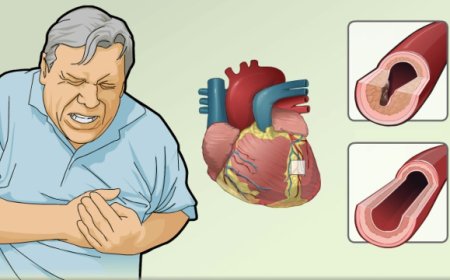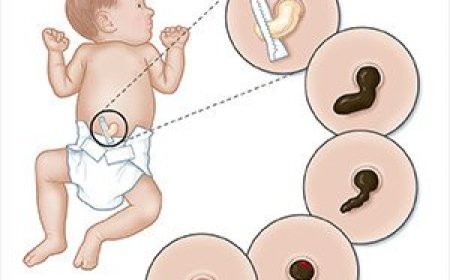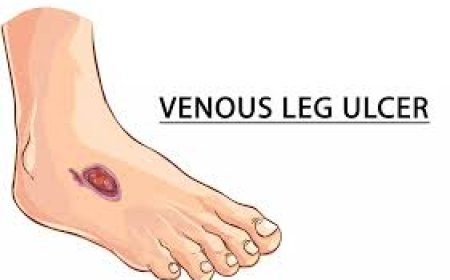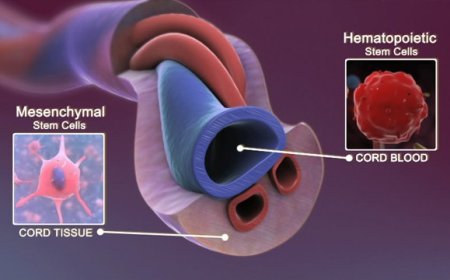Pimples
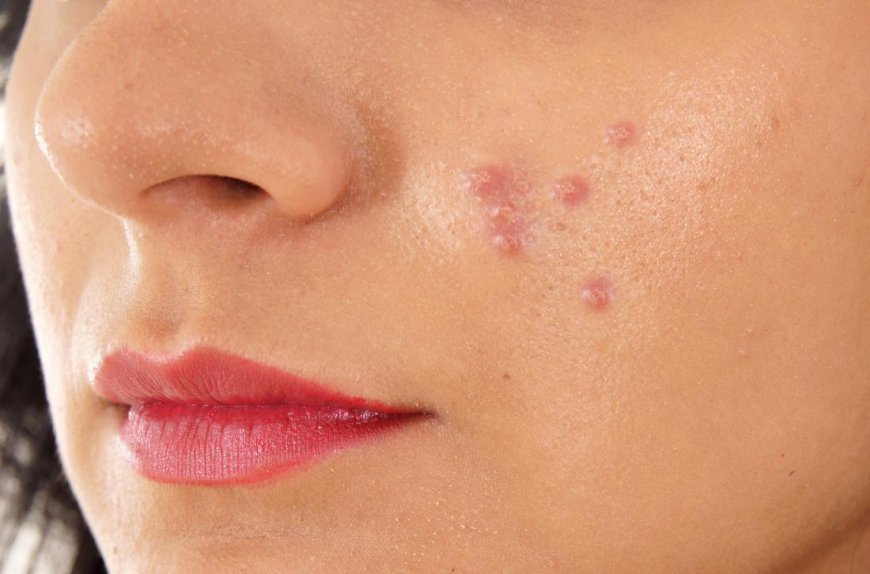
Signs and Symptoms:
Pimples, also known as zits or acne, are small, red bumps that appear on the skin. They often have a white or yellowish tip at the center. These pesky bumps can show up on the face, neck, shoulders, and back. Some common signs and symptoms of pimples include:
- Red or pink bumps on the skin.
- A small, pus-filled head at the center of the bump.
- Swollen and tender skin around the pimple.
- Sometimes, pimples can be painful and itchy.
What Is Pimples?
Pimples are tiny inflammations on the skin caused by clogged hair follicles. Our skin has tiny openings called pores that can get blocked by dead skin cells, oil, and bacteria. When this happens, it creates the perfect environment for pimples to appear.
How Is Pimples Classified?
Pimples can be classified into two main types:
-
Non-Inflammatory Pimples: These are small, colorless bumps that stay beneath the skin's surface. They include whiteheads and blackheads.
-
Inflammatory Pimples: These are the red, swollen pimples that appear on the surface of the skin. They include papules, pustules, nodules, and cysts.
Causes and Triggers:
Several factors can contribute to the formation of pimples:
-
Hormonal Changes: During puberty, the body produces more hormones, like testosterone, which can lead to increased oil production and clogged pores.
-
Bacteria: The skin normally has bacteria, but when pores are blocked, it can lead to infections and the formation of pimples.
-
Stress: High-stress levels can make pimples worse, as stress hormones can trigger oil production.
-
Diet: Consuming unhealthy, greasy, and sugary foods may contribute to the development of pimples.
Risk Factors with Examples:
Some people are more prone to getting pimples due to various risk factors:
-
Age: Teenagers are more likely to experience pimples due to hormonal changes.
-
Family History: If your parents or siblings had acne, you might be at a higher risk of developing it too.
-
Using Certain Products: Some skincare or hair products that are oil-based can clog pores and trigger pimples.
-
Humid Climate: In hot and humid weather, the skin can produce more oil, increasing the chances of pimples.
Types of Pimples:
-
Whiteheads: Small, flesh-colored bumps with a closed pore.
-
Blackheads: Similar to whiteheads, but the pore is open, and the top looks dark.
-
Papules: Small, red bumps that can be tender to touch.
-
Pustules: Pimples with a white or yellow pus-filled head.
-
Nodules: Large, painful bumps deep under the skin.
-
Cysts: Painful, pus-filled lumps that can cause scarring.
Diagnostic Tests and Treatments:
To diagnose and treat pimples, doctors may perform the following:
-
Physical Examination: The doctor will examine the affected area and ask about your medical history.
-
Treatment Options: Treatments may include topical creams, gels, or oral medications to reduce inflammation and bacteria.
-
Laser Therapy: Laser treatment can be used to reduce oil production and kill bacteria.
-
Chemical Peels: Chemical solutions are applied to the skin to remove dead cells and unclog pores.
-
Extraction: In some cases, a dermatologist may manually extract the contents of the pimples using special tools.
Complications of Pimples:
If not treated properly, pimples can lead to complications like:
-
Scarring: Severe acne can leave permanent scars on the skin.
-
Psychological Impact: Pimples can affect self-esteem and confidence.
Prevention Techniques:
To prevent pimples, you can follow these simple steps:
-
Keep Your Face Clean: Wash your face gently with a mild cleanser twice a day.
-
Avoid Touching Your Face: Touching can spread bacteria and worsen pimples.
-
Use Oil-Free Products: Choose skincare and makeup products labeled as non-comedogenic (won't clog pores).
-
Healthy Diet: Eat a balanced diet with plenty of fruits, vegetables, and water.
pimples are common, and with proper care, they can be controlled and managed effectively. If you have concerns about your skin, it's best to consult a dermatologist for personalized advice and treatment.
What's Your Reaction?
 Like
0
Like
0
 Dislike
0
Dislike
0
 Love
0
Love
0
 Funny
0
Funny
0
 Angry
0
Angry
0
 Sad
0
Sad
0
 Wow
0
Wow
0


























































